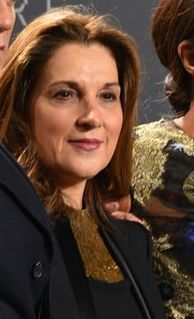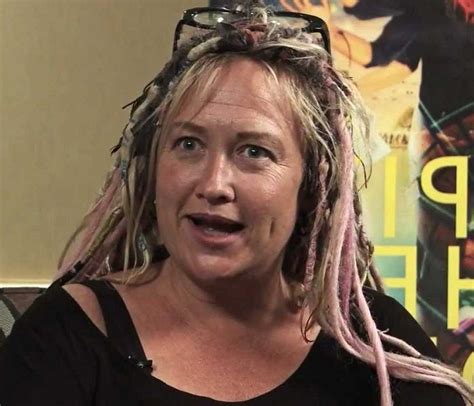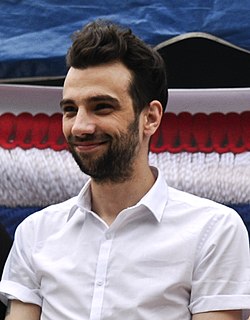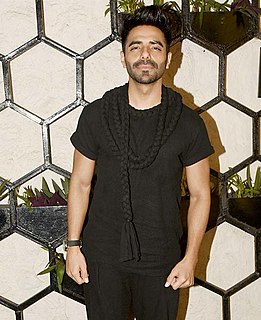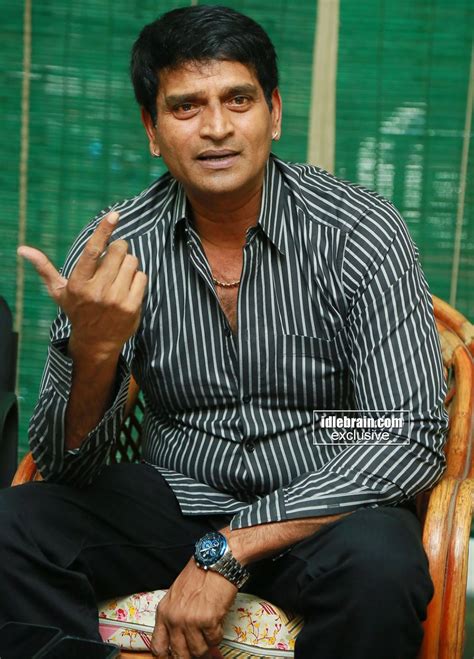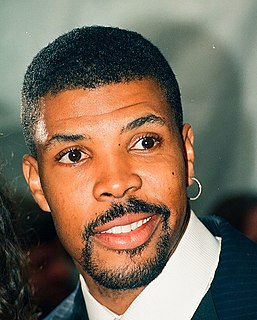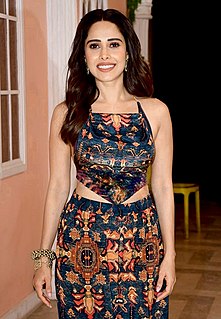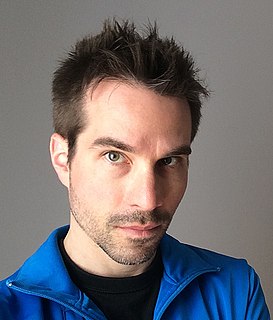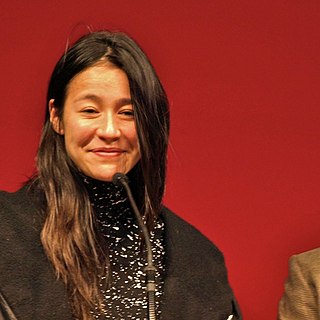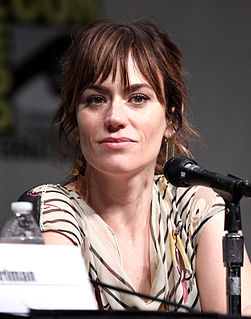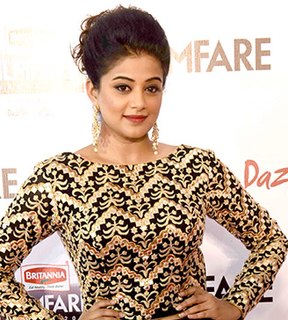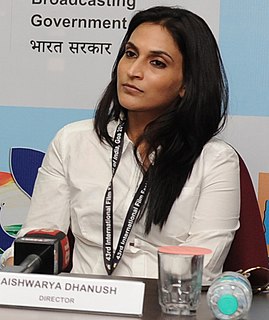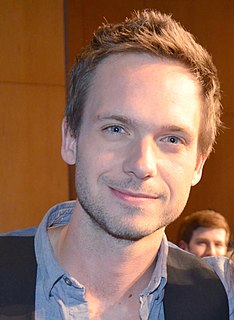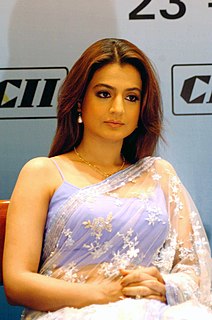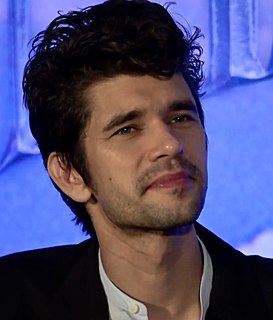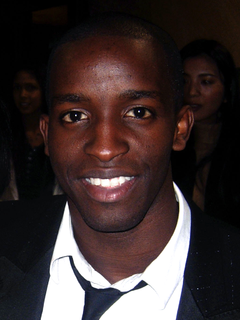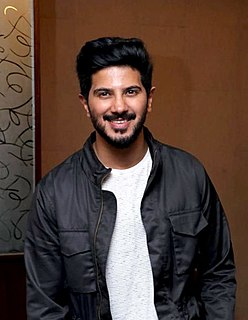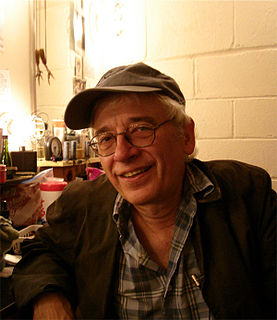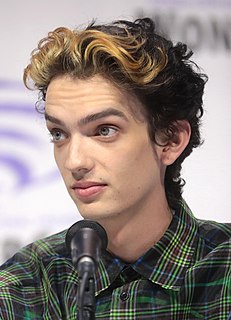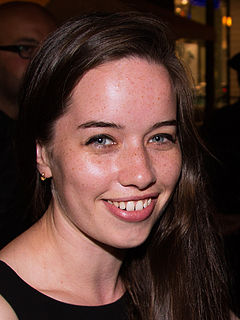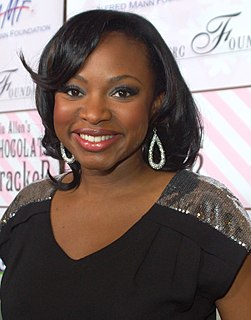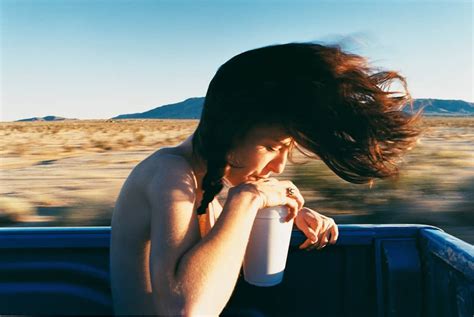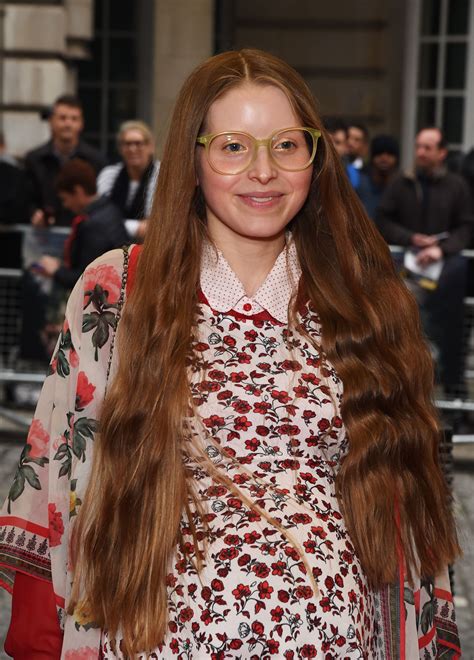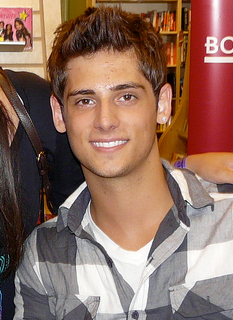Top 1200 Film Set Quotes & Sayings
Explore popular Film Set quotes.
Last updated on September 17, 2024.
One thing that is very different technically is that you don't get a lot of coverage in television. Not like you do on a film. I know we don't have time for separate set-ups, so I will design a scene where I'm hiding multiple cameras within that set-up. That way, if I don't have time to do five set-ups, I can do four cameras in one set-up. It's a different kind of approach for that. For the most part, a lot of television, in a visual sense, lacks time for the atmosphere and putting you in a place.
Once rehearsals are done the writer really doesn't have a function on the set. If the script is stabilized, then the writer becomes a celebrity tourist visiting the set, trying not to get in the way. It's very good for the ego, to go visit a film set if you are the writer, because they give you a special chair, and tell you where you can sit to watch the monitor. They make you feel special, but at the same time, they make it perfectly plain that you are irrelevant!
I try to find some sort of meditative hobby to do on set, and it's different for every film. There's a lot of downtime, but I don't like reading on set because it feels like you're taking yourself out of your world, instead of being present. And then, you feel like you're not ready to do whatever you have to do.
I don't usually see what I've done. I don't often watch the film or watch the show. It's really about that experience on-set and within the scene. Because later, when the film comes out or the show comes out it's the editor's realm or the director's realm. But that moment on set, that's that electricity between me and another actor, and that's really what excites me.
I'm planning some films in the U.K., and it will have pros and cons. It takes a lot more time to set up a film in the U.K., because you can't rely on much. In Greece, friends show up and bring what they can and you make the film. Well, that's a bit simpler than how it really is. But when you make a film with proper industries, it takes more time to synch all these things.
The pace is different on a film set. It's slightly slower, allowing for a little more wiggle room. Sometimes there is a bit more room to explore and work on the floor. On a TV set, you really have to be ultra-prepared and ready to deliver because time is so tight. Not that you don't have to be prepared for film.
Not only do I look at the playback with the actors, but I look at the on-set assembly footage with the sequences with my actors as well. These are the reasons why I take twice as much time to shoot a film in Korea. Thinking back, I remember on my first ever Korean film, I never used any playback or on-set assembly, so all I had to do was to tell myself it's just like making my first ever Korean-language film. After that, I felt right at home.






